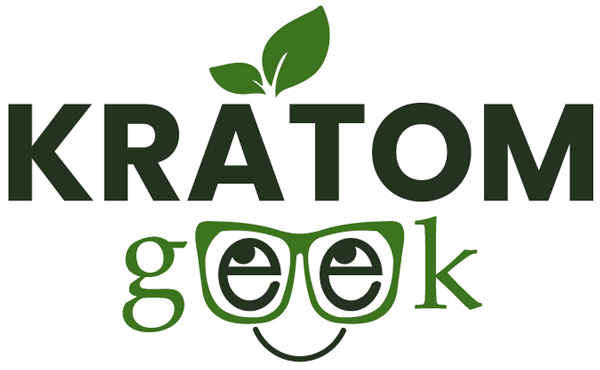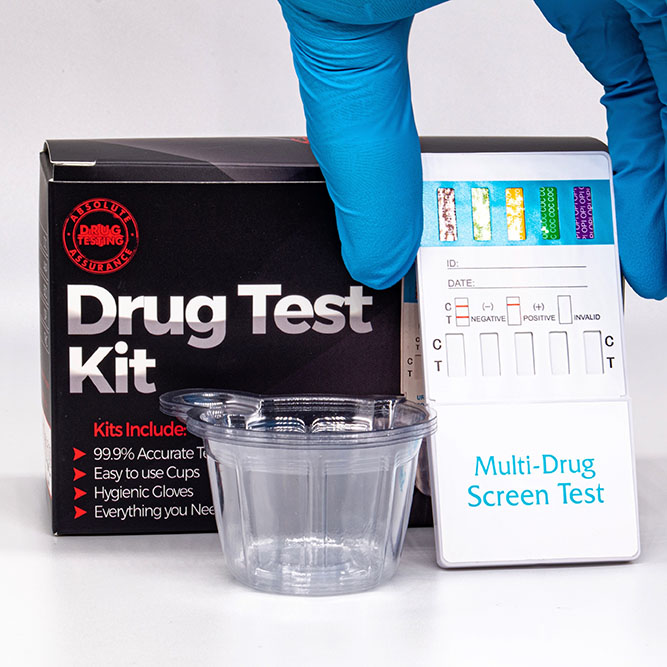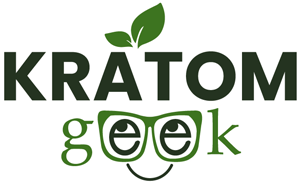For a lot of the people who are dealing with constant, daily pain, the ability to take kratom is a godsend to their life. Not only because it helps to alleviate some of the ongoing physical complications that they have to deal with, but also due to the fact kratom is a legal substance on the federal level, alleviating the fear of it possibly showing up on a drug test for employment purposes. There are close to 30 million people in the States that have no health insurance. Out of the rest of Americans, reports show that 45% of the adult population is inadequately insured. So consumers need to have access to a life-changing plant like kratom.
But some drug laboratories are starting to add kratom to the substances their tests include. One such business is the United States Drug Testing Laboratory (USDTL), which focuses on forensic toxicology, alcohol biomarkers, and substance abuse testing. On its website, the company states it specializes in niche areas of forensic drug and alcohol testing by offering the most comprehensive testing panels on the market.
But kratom isn’t classified as a drug in the United States. So for any business to add kratom as a substance it drug tests for, it looks like that company would be trying to wage war on the millions of kratom consumers in our nation. Placing kratom beside illicit substances on a drug test can damage a kratom user’s chance to find employment. And that shouldn’t be allowed.
A New Drug Test for Kratom: The First of Its Kind
A few days ago, on August 3rd, 2020, the company USDTL, located in Des Plaines, Illinois, sent out a press release announcing that the business developed the first laboratory-based test to detect kratom (mitragynine) in the keratinized specimens that are used for substance identification in drug tests.
When drug tests are mentioned, most people are aware of the standard urinary tests that are used by most laboratories. They’re the typical drug tests given to new employees, some insurance claims, and those taking part in court legal procedures. However, there are other types of drug tests available from companies that utilize keratinized specimens.
Keratin is a fibrous structural protein that’s the key architectural material in the production of hair, nail, and the outer layer of our skin. And keratin provides a long-term picture for drug biomarkers since they become locked in the keratin fibers. So companies can take hair and nail samples from a subject to drug screen that material for substance abuse occurring in the previous months. And that allows the test to determine if someone has used any drugs within the past 3-6 months.
And these types of tests are becoming more normal in recent years. Since a urinary analysis can be time-consuming to get a urine sample, keratinized specimens bypass that struggle. Plus, a drug test that uses either hair or nail samples can detect the use of more than 20 known drugs. And it appears that USDTL has now added mitragynine to the lists in its laboratory.
The Company Has an Anti-Kratom Agenda
The addition of mitragynine (an alkaloid found inside kratom) to the drug biomarkers the company scans for raises a few questions since kratom is legal on the federal level and not classified as a drug. And the company even created a way to detect it up to six months back. The combination of the two makes one wonder if the business is trying to push a false narrative about the kratom plant. But when reading the press release, all curiosity is answered with the wording used to describe kratom. USDTL uses certain language that’s akin to some federal agencies.
The press release states kratom is an over-the-counter drug that has opioid-like activity. It also talks about a number of recent case reports published regarding addiction, withdrawal, and overdoses resulting in death when combining it with other drugs. But the problem is there are no scientific reports that detail any overdoses because of kratom. Any case report where a person died with kratom in their system had toxic levels of more dangerous drugs found in the drug screens. So using common sense, one could deduce those substances were the cause of death and had little to do with any kratom.
The company went on to talk about how specific states have classified kratom as a Schedule I drug, listing it for a high level of abuse. Some states have done such. But they did so disregarding the scientific evidence surrounding kratom that reports the opposite of those dishonest claims.
USDTL Has A Long History Battling Kratom
This isn’t the first time this company has initiated an attack against kratom consumers. Back in January 2018, the USDTL announced the company would offer the capabilities to test for kratom products in the subject’s urinary tests. Around that time, kratom had just started to get more attention from the media because of the failed war initiated against the plant by the Food and Drug Administration (FDA) and the Drug Enforcement Agency (DEA). So, from an outside perspective, it appears the USDTL was trying to make money from misinformed clients. And that’s easy to see when you notice the kratom portion of the test is offered as a stand-alone or add-on purchase (an additional stream of revenue).
Then a few months ago, the company also developed a drug test that allowed doctors to determine if a newborn had kratom in its system when it’s born, deciphering that information through an analysis performed on its umbilical cord tissue at birth. Using those results, it would allow insight into whether or not a pregnant woman had been consuming kratom during her pregnancy. Any doctor who suspected their patient was taking drugs wouldn’t need to worry about getting permission for the test.
Since the doctor would be using a material they already have legal access to, a patient’s consent would be unnecessary. And that leaves a lot of ethical questions up in the air without an answer. Could the presence of kratom in a pregnant woman’s system be used against her in court?
This Drug Test Doesn’t Help Law-Abiding Citizens Looking For Jobs
A company is free to test for any substance they like, I suppose. An employee has the right to decide not to apply for a position if they feel it’s an intrusion on their personal life; however, since kratom is a legal substance, it’s impossible to know which companies are testing for kratom in their pre-employment screening. There’s absolutely no way to know for sure unless you were to inquire about the process prior to taking the test. And asking which substances are tested during an interview will automatically send a red flag to your potential employer. So this turn of events creates a troublesome scenario.
The fact that the hair follicle test can determine if a kratom user has taken kratom products all the way back to possibly six months can be problematic for kratom users looking for a job. With the pandemic ravaging through our country, the unemployment rates have been taking a toll on our economy. So we have more people looking for jobs than is normal. And now, it seems, there might be additional hurdles for kratom consumers to jump over, just for them to get past the entrance portal to particular employment positions.
There are six states currently where kratom is considered an illegal drug. So, in those states, I could understand this drug test being utilized in either pre-employment screening or probation/parole drug tests. But in the other 44 states, this would be complete encroachment into our personal lives: something our country excels at.






